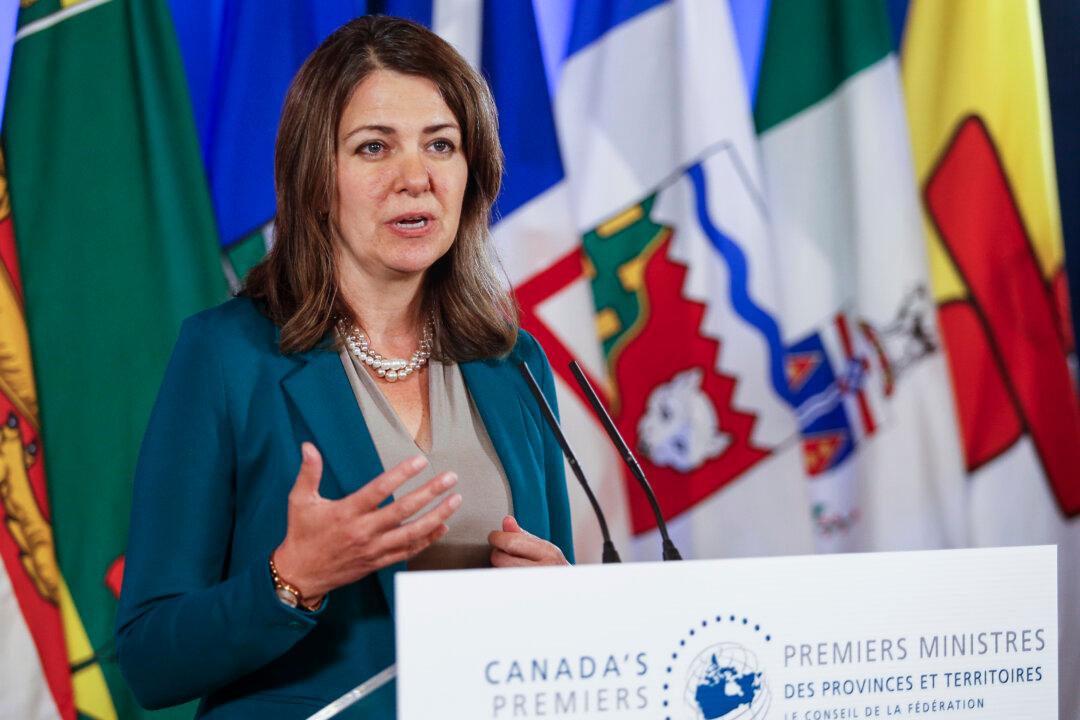Sex education has been a contentious issue in Canada for nearly a decade as school boards increasingly incorporate gender ideology into their curriculums.
The issue was brought to the forefront by Alberta’s plan to introduce legislation this fall to prevent children from learning about gender identity, sexual orientation, or human sexuality at school without parental consent.





